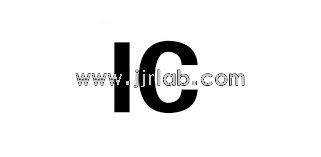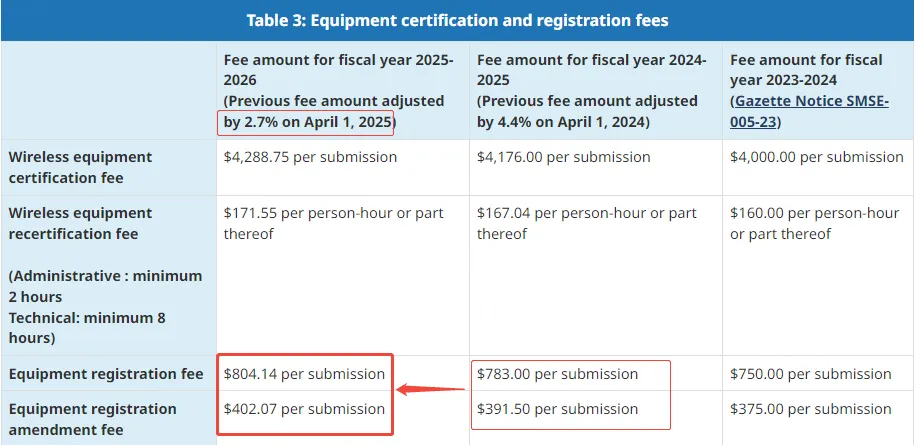
Certifications for Exporting Electric Coffee Makers to the U.S.
To export wireless automatic coffee makers to the United States, obtaining FCC certification is requiRED. The FCC , or Federal Communications Commission , was established in 1934 under the Communications Act and is an independent agency of the U.S. government, directly accountable to Congress. The FCC coordinates domestic and international communications by regULating radio broadcasting, television, telecommunications, satellite, and cable services. This regulation ensures the safety of radio and wire communication products related to life and property across more than 50 states, the District of Columbia, and U.S. territories.
According to the relevant sections of the Federal Communications Regulations (47 CFR part 15), all electronic products entering the U.S. must meet FCC electromagnetic compatibility requirements, except for certain products specified in particular provisions. The range of products affected includes communication devices, electronic appliances, lighting fixtures, digital electronic devices, and remote-controlled toys.
There are currently two types of FCC certification models: FCC-sdoc and FCC-ID .
FCC-SDoC Certification
On November 2, 2017, the FCC officially announced a change to simplify the certification process for wireless devices and clarify the use of electronic labeling standards. The DoC & VoC program was officially changed to SDoC . From November 2, 2017, to November 2, 2018, a one-year transitional period allowed for the continued use of the FCC VoC and DoC certification procedures, alongside the new fcc sdoc certification procedure. After the one-year transitional period, the fcc sdoc certification procedure will officially replace the previous FCC VoC and DoC certification methods.
SDoC, or Supplier's Declaration of Conformity , involves suppliers (noting that the supplier must be a local U.S. company) testing the equipment against specified standards or requirements. Compliant equipment must provide relevant documentation (such as the SDoC declaration) to the public as proof.
FCC-ID Certification
The FCC-ID certification (ID certification) is primarily applicable to wireless products with higher technical difficulties, such as low-power transmitters like cordless phones, remote controls for automatic doors, radio-controlled toys, and security alarm systems. This certification also covers devices intentionally emitting radio frequency energy under Part 15 , industrial, scientific, and medical devices used by consumers under Part 18 , automatic frequency receivers, super-regenerative receivers, television interface devices, and home computers with peripherals. It also includes energy-saving consumer products. Products must be tested by an FCC-accredited testing laboratory, and upon receiving the test report, manufacturers need to compile technical documentation, including product detail photos, block diagrams, user manuals, etc., and submit these along with the test report to the FCC Tcb testing laboratory. The FCC TCB lab reviews all information and, upon verification, issues a certificate and grants an fcc id number.
For first-time applicants for FCC certification, it is necessary to first apply to the FCC for a Grantee Code (applicant code). After the product passes testing and certification, the fcc id number must be marked on the product to allow sales in the U.S. market.
Since wireless automatic coffee makers come with Bluetooth connectivity, they must undergo fcc id certification to be exported to the U.S. The certification process is as follows:
1. The customer provides a complete testing sample along with all necessary accessories to the laboratory.
2. The customer must submit comprehensive technical documentation (application form, circuit diagram, PCB layout, BOM list, product manual, circuit description, and block diagram) in English electronic format.
3. The laboratory conducts testing and issues a test report.
4. The laboratory reviews the data and report.
5. The laboratory submits the test report and technical documentation to the TCB.
6. The TCB issues the certification.
FCC ID Certification Costs and Duration
The costs for FCC ID certification for wireless automatic coffee makers will be detailed based on the specifications provided by the customer. The certification cycle for FCC ID for wireless automatic coffee makers typically takes 3 to 4 weeks .
Email:hello@jjrlab.com
Write your message here and send it to us
 What is Protection Class EN 60529?
What is Protection Class EN 60529?
 IP69 Certified Protection
IP69 Certified Protection
 California Energy Commission Testing Lab
California Energy Commission Testing Lab
 What Does the Canadian IC Mark Mean?
What Does the Canadian IC Mark Mean?
 How Much is the Canada IC ID Certification cost?
How Much is the Canada IC ID Certification cost?
 How Much is the Canada IC ID Certification Fee?
How Much is the Canada IC ID Certification Fee?
 How Much is the UL 982 Test Report csost?
How Much is the UL 982 Test Report csost?
 ISO/IEC 17025 Accredited Test Laboratory
ISO/IEC 17025 Accredited Test Laboratory
Leave us a message
24-hour online customer service at any time to respond, so that you worry!




